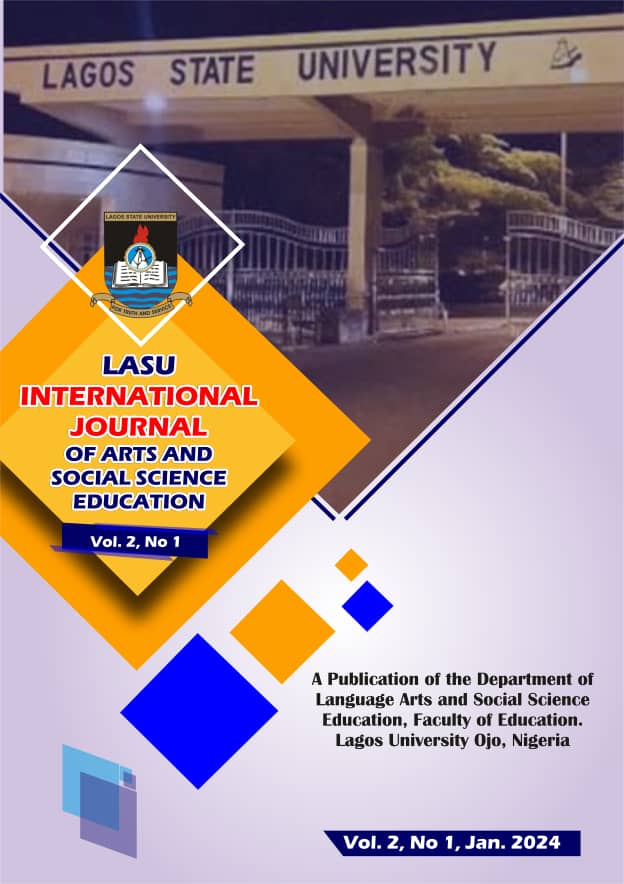In Nigeria, numerous studies have explored the link between fiscal policy and economic growth. However, limited attention has been given to personal income tax, a crucial component of government revenue. This study focuses on this specific aspect, investigating the relationship between fiscal policy and economic growth in Nigeria, with a particular emphasis on personal income tax. The study utilizes annual time series data spanning from 1981 to 2021, sourced from the Central Bank of Nigeria Statistical Bulletin for 2021. It is grounded in endogenous growth theory and employs various analytical techniques, including descriptive statistics, the Augmented Dickey-Fuller unit root test, and Autoregressive Distributed Lag (ARDL). Descriptive statistics reveal that all variables in the analysis exhibit a normal distribution. The findings of the study indicate a positive and significant impact of government capital expenditure on economic growth. However, personal income tax is found to have a positive yet insignificant impact on economic growth. In light of these findings, the study offers several recommendations. Firstly, the government should refocus its policy framework to prioritize high-quality institutional systems for tax revenue, promoting tax flexibility to encourage investment and discourage tax avoidance at all levels. Secondly, there is a need for a review of the Personal Income Tax Act of 2011 to expand its tax coverage and increase the tax base, thereby generating more revenue for the economy.
There are no reviews for this eBook.
There are no comments for this eBook.
You must log in to post a comment.
Log in








